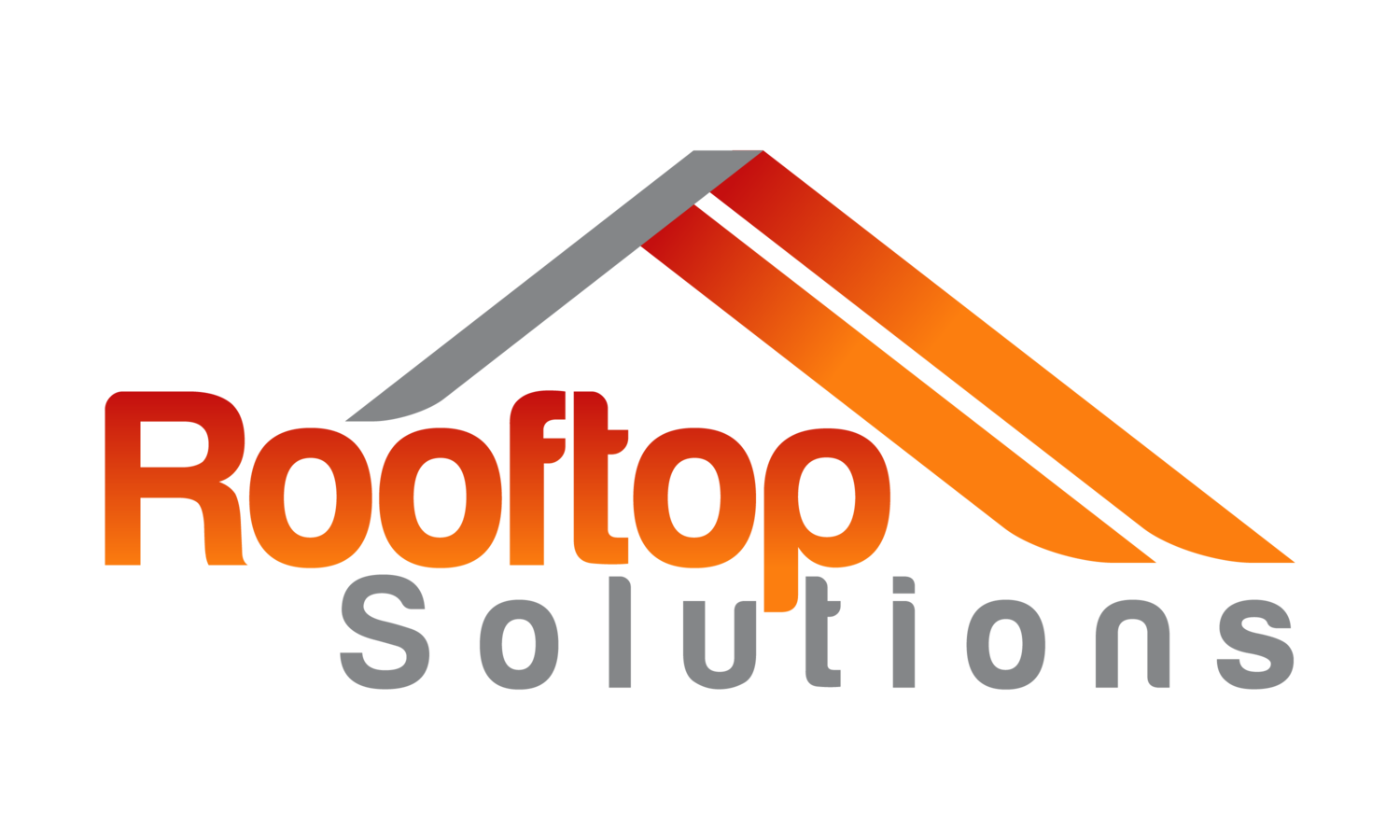What Kind of Roof Damage is Covered by Insurance?
Is Your Roof Damage Covered by Insurance?
Your home is your biggest investment. As a homeowner here in Waseca and Freeborn counties, having the proper coverage to protect your home and understanding what is covered in the event of roof damage is crucial. Storms or accidents can cause damage that you must quickly repair to keep your home safe from further problems. Your roof is a key element of your home, keeping you, your family, and your belongings safe and protected from the elements.
If you live in Minnesota and your home suffers roof damage, you must know what costs are covered by your homeowner's insurance and what costs are not covered. Does your policy cover roof damage? It depends. Your policy may cover the cost of roof repairs, depending on the cause and severity of the damage. If your roof damage causes other destruction to your home, your policy might also help cover those costs.
Your coverage can vary greatly depending on the type of policy you purchase and your insurance provider. Your property insurance should include a dwelling stipulation, which covers certain events that can damage your home and are out of your control. These include storms and natural disasters. Typical coverage often includes provisions for:
Fire damage
Wind damage
Hail damage
Fallen tree damage
Your policy can also include (at an additional cost) items like vandalism, riots, or burglary. Check your policy. If your roof damage results from a covered peril, your insurance provider will likely help manage the repair. Bear in mind that there may be a deductible, and coverage limits might apply.
Common Roof Damage Claims Covered By Homeowners Insurance
Typically, a standard homeowners insurance policy will cover roof damage that can not be linked back to the homeowner. Some examples of roof damage covered by your insurance might include:
Fires
Contrary to popular belief, homeowners insurance will cover damage from an accidental fire. For example, if you knock over a candle or leave the stove on, causing your home to catch fire, your insurance would cover the damage, including any roof damage caused by the fire. Your policy will not cover intentionally set fires – arson caused by the property owner.
Severe Weather
Climate change is increasing the frequency and severity of the weather. The ongoing threat of high winds, hail, harsh rain, tornados, and other weather-related disasters plague homeowners each year. These weather-related events can cause massive damage to your roof costing thousands in repairs. Fortunately, most homeowners' insurance covers most types of storm damage.
Falling Trees
The typical policy does not cover all falling tree roof damage claims. Unfortunately, most fall between weather-related incidents and those caused by neglect. For example, if an overhanging tree is causing a threat to your home, and you do nothing, the insurance company can deny your claim. On the other hand, if an otherwise healthy tree is blown into your roof by a severe weather event, your insurer will likely cover the claim.
Vandalism
Although vandalism is more uncommon than falling trees, fires, or severe weather, it does happen. Vandalism is typically covered under an “all risks or all-perils” policy unless it is expressly excluded. Vandalism is defined as damage done to someone's roof simply for the sake of causing harm. Malicious mischief is similar, but the damage may not be intentional.
Home Interior
Most roof coverage is under the umbrella of your comprehensive insurance policy. As such, your insurance typically covers anything else that might be damaged due to a compromised roof. A hurricane that causes a partial roof collapse can lead to additional damage to the property's interior. Your policy will cover this type of damage as well.
What is Not Covered
There are some specific incidents that your homeowner's policy will not cover regarding roof damage. These include:
Pest Damage
Pest control is the property owner's responsibility. Therefore it is not covered. You are required to deal with pests before they destroy your roof. Squirrel, rat, ant, termite, or bird damage is preventable. Therefore your insurance does not cover this type of roof damage. The only exception would be if a sudden pest infestation led to a disaster, for example, a squirrel gnawing through a wire and sparking a fire.
Normal Wear and Tear
As the homeowner, you are responsible for scheduling regular inspections and routine maintenance. Time and weather produce wear and tear on your roof. Normal wear is expected and inevitable. As the homeowner, you are responsible for scheduling routine inspections and maintaining your roof. Roof inspections and regular maintenance are not covered because they are considered preventative work.
Cosmetic Damage
Cosmetic damage can alter the appearance of your roof. It is not severe enough to allow water penetration or prevent your roof from performing as intended. For example, high winds could rip a few tiles off your roof, resulting in minimal damage. Chances are this type of roof damage is not covered and will not be approved by your carrier. Also, you probably want to avoid claiming small repairs since this could affect future claims or cause a rate increase.
The Bottom Line on Property Insurance and Roof Damage
The type of roof, its age, and how it was damaged can determine if your property insurance covers any roof damage. Not sure? Talk with your insurance provider about your coverage. Or give the experts at Rooftop Solutions a call!
If you need a new roof and live in Waseca, Freeborn or the neighboring Counties in Southern Minnesota, call Rooftop Solutions at (507) 400-7663. With 50+ Five-Star Google Reviews, we are not your typical fly-by-night, subcontract-it-out roofing contractor. We can help you determine the extent of any roof damage, handle your insurance claim, and safely repair or replace your roof with the latest roofing technology. Let us solve your roofing problem and provide you with a roof with long-lasting materials that are energy-efficient and look stunning!

